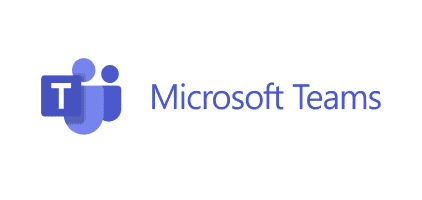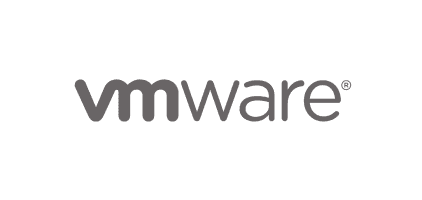-
- Get our pricing sent into your inbox
-
For capital sensitive needs, IaaS provides a perfect opportunity to maximize your investment while supporting your IT infrastructure. Your IT infrastructure is migrated to the Iserv Cloud which eliminates the high cost of server equipment. Our engineers proactively monitor and manage your network to ensure continuous availability.
Reduce IT overhead, increase flexibility
Ultimate security & reliability
24/7 support from Iserv’s U.S. based team
Managed MS Azure partner
No Risk – free initial assessments and demos
























Azure with Iserv offers a seamless migration of data to the cloud, allowing for expansion without additional physical equipment costs. Scale up or down as your needs change.
Give users freedom to access their work from any device over a secure network. You’ll have increased security and privacy through our data protection features and comprehensive compliance coverage.


Contact us today to start your free assessment. Our engineers will work with you to understand your environment and make it “cloud ready”, so you can ease into Azure. Every migration is customized – we move at your pace.
Iserv KNOWS Infrastructure and has invested in the latest technology and the most reliable data centers to provide you with SECURE and RELIABLE infrastructure that you can grow with. If you are still using on-site servers that’s ok — we can help you manage that and advise you on transitioning to cloud based deployment

our support and network operations center is available 24/7/365.